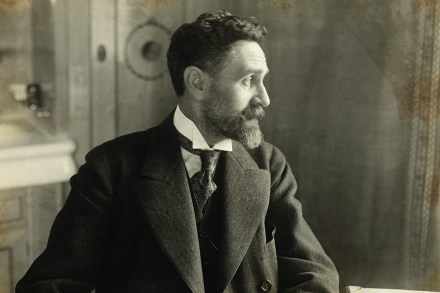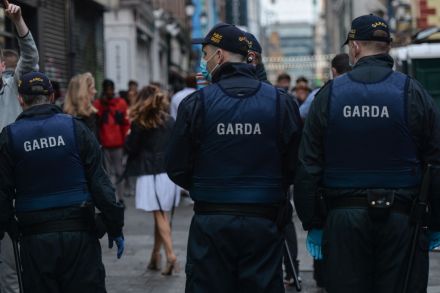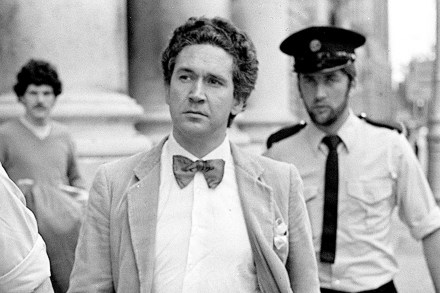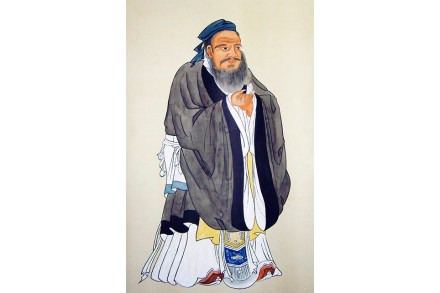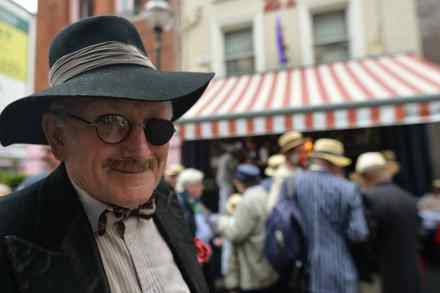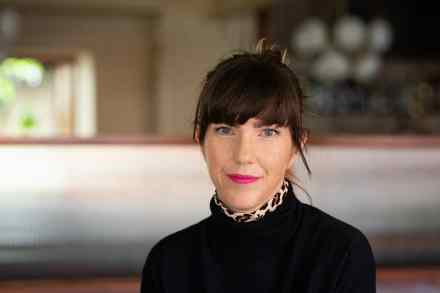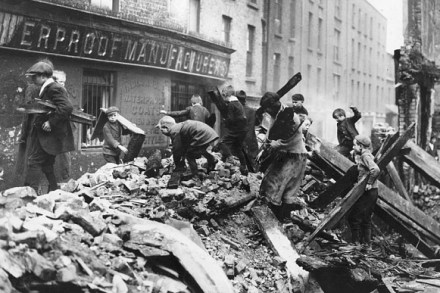How working-class Dublin turned on Conor McGregor
When Conor McGregor stood in the dock for his civil rape trial last week, the controversial MMA fighter was receiving the kind of global media attention he had always craved. Just not for the reasons he would have wanted. In court, the 12-person jury found him liable for the rape and sexual assault of Nikita Hand, and awarded her £208,000 in damages. This was the latest nail hammered into a career which has been marred by sporting controversies, sexual misbehaviour and appallingly thuggish behaviour. The circumstances which brought McGregor before the civil court were as tawdry as people had come to expect from the Dublin brawler. One Friday night in




